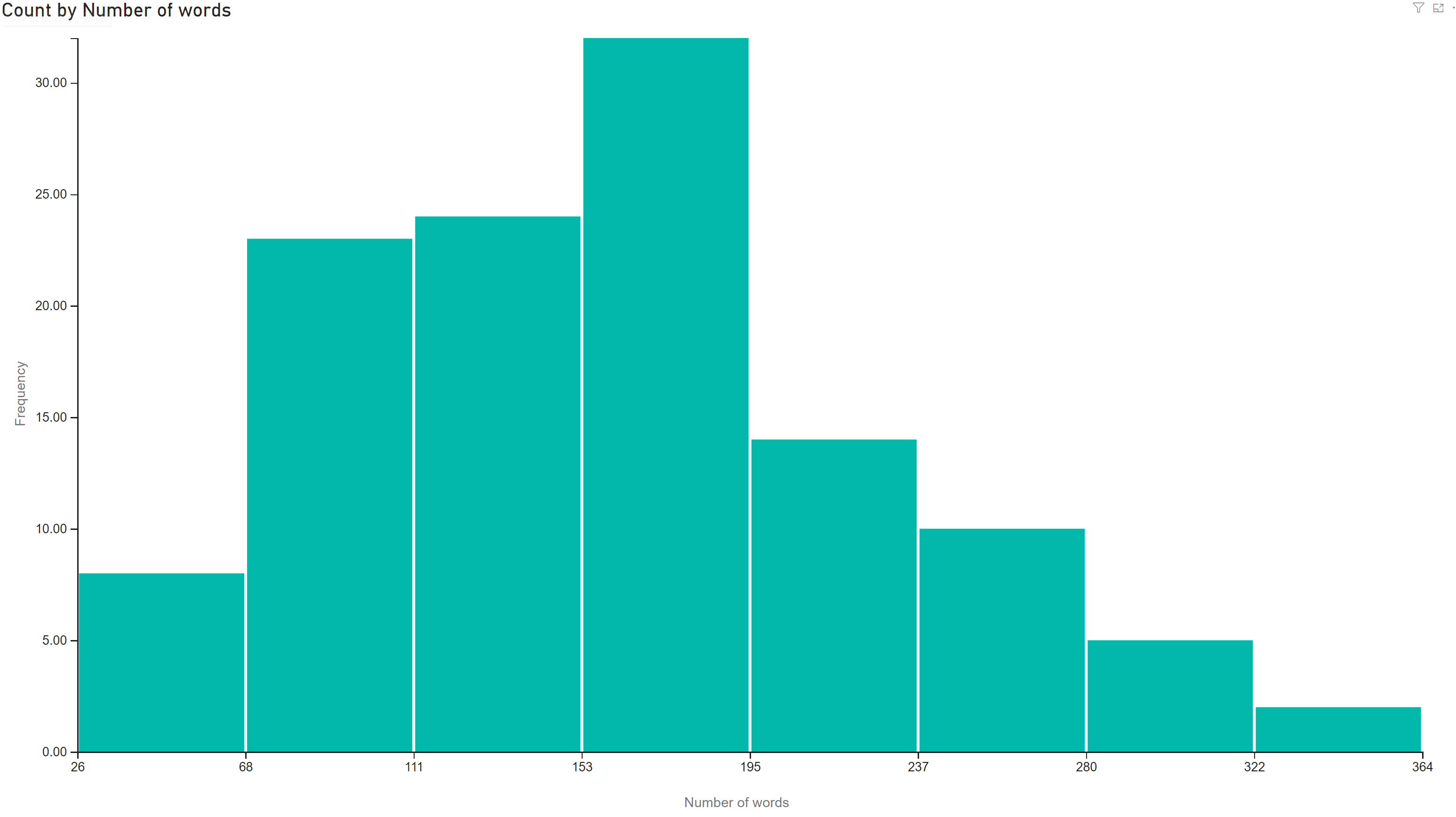This last week I’ve been hard at work finding a new roommate. If you are a nerd like me and want to dive into the data or want to learn about the process we took, this article is for you.
We created an ad on kamernet.nl and room.nl. The first one I used before to find another new roommate and the last is the website DUWO, the organization we rent our room from, owns.
The data
We got 122 replies in total, of which 32 from room. The rest came from Kamernet.
I used a script to scrape all the data from the kamernet website and put it into a csv and loaded it into notion.so. Notion is a wonderful tool that is basically a knowledge base. The part we will use here is the table feature, which is basically Excel on steroids. I can add labels to each applicant, abstracting from the text they send us. The following categories I added:
First-year (Eerstejaars): First-years have a possibility of quitting with their studies and therefore might not be the best choice.
TU Delft: Is this person planning on studying in Delft? There are actually people applying, who want to study in Leiden, a full 30 minute travel from here. It is likely that they will want to move soon or won’t be around much.
Experience: Having a roommate with experience is an incredible pro, as they are more likely to know how to clean and live together in a student house.
Obvious paste: Sometimes a response is so canned, so incredibly tone deaf to what we wrote we wanted, it gets this label, because it’s almost funny.
Computer Science: As I’m studying computer science, it’s fun to have more people in the house who do the same. It’s not a must (in the end, none of the people we invited for talks studied CS)
English: For fun I kept track of how many applications were in English
Martijn: There is always a personal touch to them, which you cannot put into categories. So I mark the ones I like the most and my roommate does the same.
Marking all 122 messages took me around two hours, but it was worth it.
Some data science from the results:
A surprising amount of respondents are starting with their first year. Around 25% of people mention Delft or the TU Delft in their message, which seems to be a low number. Only eighteen people wrote that they had experience with living with roommates. Only nine I designated as an obvious paste.
Words used in messages sent to us, with Dutch and English stop words removed.
Interesting is that the first Dutch word “jaar” (years) is different from the first English word (room). Dutch respondents apparently find their age very important (when combining year and years from English, we only end up with 25 occurrences, compared to 77 for “jaar”). Even if we account for the fact that we had more Dutch respondents, this fact still holds.
An interesting observation was that many non-Dutch applicants often wrote that they did not speak Dutch, although wanted to learn it, but some Dutch applicants wrote to us in English (we found this out when they wrote back in Dutch). Nobody likes their own language apparently. Also fun to note that one more person wrote Bart’s name wrong, than mine.


Wordcount of messages
The number of words used follows a normal distribution, with some outliers at 437, 507 and 766(!) words. For us it seems that a longer description increases your chances of being invited. Where the average wordcount is 172 (median 154), we invited only one person who was below that median. The average person we chose to talk to had an average wordcount of 202 (median 180).
The interviews
In the end, we were left with 11 people who we wanted to talk to. We created a doodle, where people could pick from a set of dates and times, where we would video call them. We gave each of them a personalized Google Meet link, so that there was no possibility of other applicants joining the call to early or staying for too long.
For each of the people we created a list of questions. If you missed any of the labels in the last section we asked about it. We also googled each of them to do due diligence and to get to know them better.
We had 10 minutes of questions from us, 5 minutes where the new possible roommate could ask questions and 5 minutes of buffer. This is very intensive, as you’re both trying to see if you like the person, keep the conversation going and trying to come up with the next question.
The main question we asked was: “What do you expect a typical week to look like, if you came to live with us?”. This resulted in a lot of good answers, as it both gives you an insight into who this person is, as this is how you will spend the most time with this person. The next questions were their experience with other roommates, what they (dis)liked about their roommate and their preferred level of cleanliness.
This, combined with an introduction of ourselves, quickly filled the 10 minutes. If we had time left, we went to some extra questions. As research, I looked up some first date questions and picked out some that sounded like fun. The following two are the ones that gave the best and telling responses.
- Among your friends, what are you best known for?
- What are some obscure things that you are or were really into?
From the beginning I decided that I could not keep track of all the pro’s and cons of each of them. The interviews are just too taxing and complicated. This hunch was verified, when I could not remember the person I just talked to 30 minutes ago. So, after each interview we decided if the person we just interviewed bumped out our current preferred candidate. And that’s how we found our new roommate.
